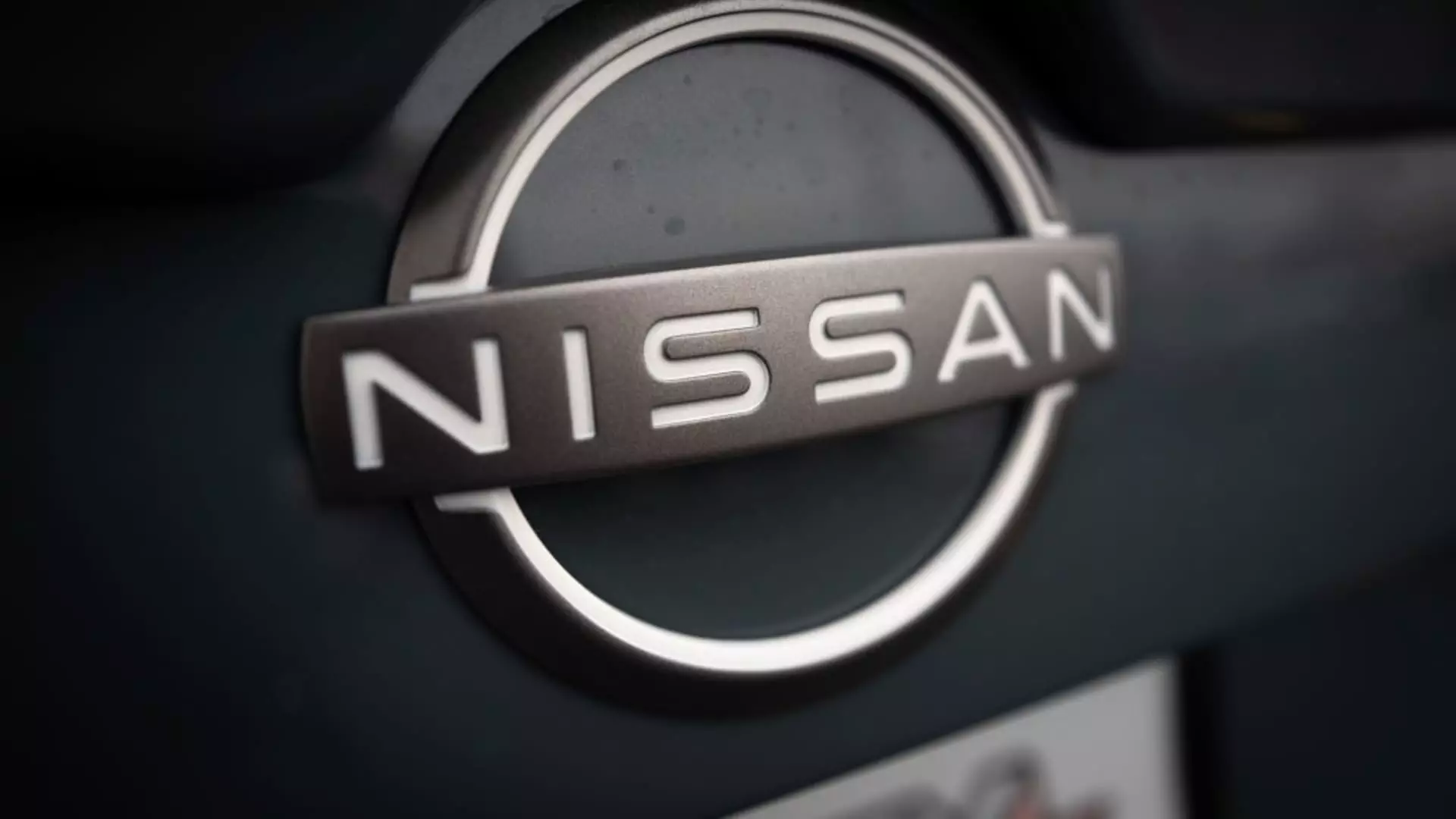Nissan’s recent contemplation of shuttering long-established assembly plants—both on Japanese soil and abroad—marks a critical juncture for the automaker and its deeply ingrained legacy. As a company that has navigated through the turbulent waters of the automotive market for decades, the announced closures ignites a sense of unease not just among its employees but also among consumers and stakeholders who have long associated the brand with quality and reliability. Nissan’s cost-cutting measures, driven by the fresh vision of new CEO Ivan Espinosa, appear to abandon the core values and commitment to local production that its predecessor, Makoto Uchida, fervently upheld.
The Dismantling of Heritage
The potential closure of notable facilities, some of which have been operational since the 1960s, raises a fundamental question: has Nissan extended itself too far in its aim to reduce costs and bolster competitiveness? In an era when consumers increasingly value sustainability and responsible corporate behavior, the choice to downsize through mass layoffs and the closure of local plants reflects a prioritization of short-term financial gains over long-term corporate identity and employee security. The Oppama plant’s history is particularly poignant; it was here that Nissan began producing some of its most iconic vehicles, including the revolutionary Leaf, which was heralded as the first mass-market electric vehicle. How could a company so rich in history willingly sever its ties with its own past?
Global Implications: A Chain Reaction
Expanding its scope beyond Japan, Nissan’s considerations for closing plants in South Africa, India, and Mexico could echo throughout the global automotive supply chain. The proposed mass layoffs—amounting to a staggering 15% of its workforce—have implications that extend well beyond individual livelihoods. Families relying on these jobs face uncertainty and fear of economic instability, and local economies tied to these manufacturing hubs are bound to suffer, as the loss of a major employer often results in a ripple effect, impacting various service industries and small businesses.
Moreover, the consolidation of factory production seems to undermine the collaborative spirit of international alliances, including noteworthy partnerships such as that with Renault. The planned buyout of Renault’s stake in their joint venture in India is worrying; it signals a potential withdrawal from key markets just as competitive electrification initiatives are gaining traction. The implication here is dire: rather than innovating and refining existing partnerships to spearhead new technologies, Nissan seems to be retrenching its focus in favor of cost-efficiency at a time when adaptability is key.
Vision or Vengeance?
The stark contrast between Espinosa’s aggressive turnaround plan and Uchida’s earlier strategy is palpable. While a business leader must always hold an eye for financial sustainability, it raises red flags when cost-cutting measures come at the expense of innovation and worker dedication—the very backbone of any company. The emphasis on eliminating plants rather than investing in new technology and product development resonates poorly in an industry characterized by rapid change. In a phase where electric vehicles and sustainability are the future, Nissan ought to steer its focus on enhancing performance and investing in eco-friendly manufacturing, rather than anxiously slashing jobs and minimizing its operational footprint.
Nissan’s insistence on maintaining “transparency” in responses to these plant closures feels disingenuous amidst rampant speculation about its intentions. Just how forthcoming will Nissan be with updates on the future of the affected communities? The automotive industry demands not merely operational efficiency but a sustained commitment to social responsibility, particularly at a time when labor markets are shifting dramatically.
What Lies Ahead
As Nissan evaluates its path forward, the tension between historical identity and financial pragmatism has reached a boiling point. The potential repercussions of these decisions extend beyond company bottom lines—they loom large over the lives of countless employees and the communities that rely on them. The need for change in a constantly evolving industry does not obviate the necessity for companies to honor their pasts while courageously stepping into the future. Nissan must grapple with the challenges ahead, but it would serve the automaker well to remember that sometimes, progress necessitates standing firm rather than retreating into the shadows of past successes. The stakes are high; the unfortunate reality is that Nissan’s reckless gamble may lead to more than just plant closures—it may jeopardize the very essence of what made Nissan great in the first place.


Leave a Reply